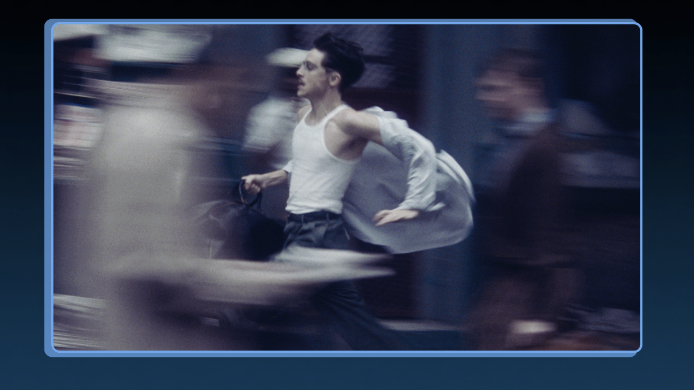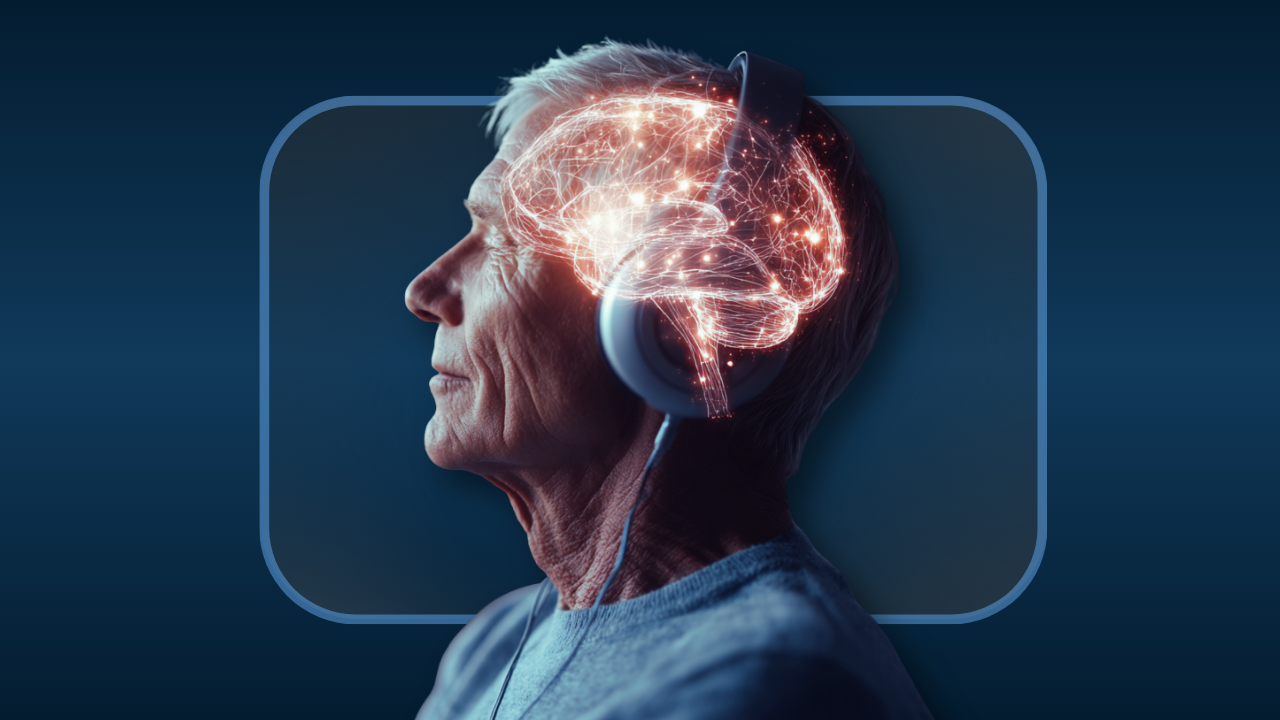AI Joins the PRO Roster: ASCAP, BMI, and SOCAN Open Doors to Partially AI-Generated Music

The line between human and machine creativity in music just got more official. ASCAP, BMI, and SOCAN have announced new aligned policies confirming that they will now accept registrations for musical works that are partially created using artificial intelligence. The update marks a defining moment for how performance rights organizations approach authorship in the age of AI.
Human-Led Creativity Still Required
Under the new rules, works must include a human-led creative process to qualify for registration. While AI tools can contribute to a song, such as generating melodies, lyrics, or sections of a composition, the human creator needs to guide, edit, or integrate those outputs meaningfully into the final piece.
BMI describes “partially generated” works as those with “substantial AI-generated elements” that are still shaped by human intention. However, compositions produced entirely by AI, based solely on text prompts or automated systems with little human input, remain ineligible.
Compensation and Copyright Standards
Even with AI involvement, BMI has clarified that these hybrid works will not be compensated differently from fully human-created songs. That means royalties and performance rights will still flow normally through the PRO system.
The organizations are also following the U.S. Copyright Office’s long-standing principle that only works meeting a “minimum threshold of human creativity” qualify for copyright protection. Essentially, AI can assist, but it can’t replace the human role in authorship.

Photo Credit: FreePik
Disclosure and Transparency
While not mandatory, all three PROs recommend that creators disclose the use of AI in their submissions. According to BMI’s FAQ, transparency “helps maintain clarity around authorship and aligns with evolving industry standards.” The organizations will not require creators to report AI tools used purely for production or support tasks that don’t affect authorship.
This voluntary disclosure marks a careful balance: acknowledging AI’s growing presence in music creation without overcomplicating the registration process.
Global Implications
BMI also noted that it’s in active discussions with foreign PROs to track how international laws are evolving around AI-generated works. The organization has left open the possibility that, in countries where AI creations are recognized under copyright law, compensation frameworks might eventually expand to include them.
The alignment between ASCAP, BMI, and SOCAN gives creators in North America a unified approach to registering hybrid human-AI works. As the industry continues adapting to AI’s creative role, this policy shift provides a clearer path for artists and publishers navigating the blurred lines of modern music authorship.
Let’s Collaborate!
Need help building the tone for your production? Hit us up – the Rareform Audio team would love to help you create the perfect soundtrack that speaks to your audience and enhances the power of your visual storytelling to new heights!
A weekly glimpse into the world of music & media with insider news, sync licensing opportunities, creative insight, and discussions.
Rareform Highlights
Black Sheep Music & Rareform Audio join forces with A24.
Custom cue “JukeBox” composed for Ready Or Not 2 with Searchlight.
Join our Spotify Playlist and vibe with us! Featuring an array of tunes our team has been listening to.
Rareform Audio, an innovative leader in music and audio post-production, specializes in custom music creation, sound design, sonic branding and a vast catalog of diverse genres. Our talented roster of artists, composers and sound designers elevate projects for film, TV, ads, trailers and video games by merging artistry with cutting-edge soundscapes.

































